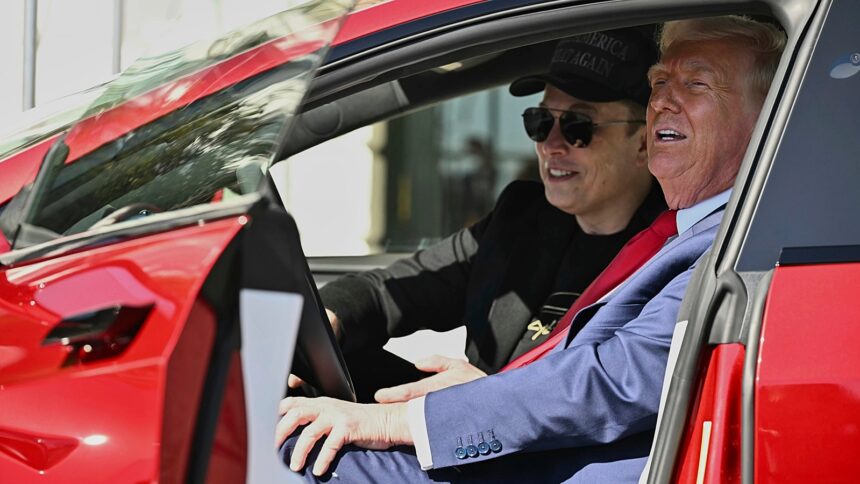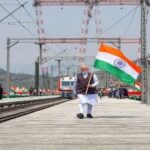After throwing his social and economic weight behind Donald Trump during his Presidential bid and quickly establishing himself as one of the most important people in his administration responsible for optimising government spending, Elon Musk and the US President are now in the middle of a messy and nasty divorce.
The spectacular, and very public, has put the spotlight squarely on Musk’s companies’ expansion plans, since many had predicted that with Trump on his side, the billionaire stood to benefit economically across multiple regions globally. Many saw that cutting Musk’s companies a favourable deal could be used as a potential ploy by foreign governments to placate Trump, who has wreaked havoc over the global trading ecosystem. Now though, there are question marks.
Case in point is one of Musk’s most successful endeavours, his electric mobility giant Tesla. In India, the company has flip-flopped on whether it will manufacture in the country, but had been moving to set up retail operations. But the feud between Trump and Musk has had a significant bearing on Tesla.
Since the two have had a fallout, the falling close to 15%, and erasing around $150 billion in market value. With electric vehicle sales tempering globally and the emergence of rivals like China’s BYD, Tesla’s dominance in the sector was already under attack. And now, without the most influential American’s political backing behind its founder gone, Tesla’s expansion plans could take a back seat, or at least face some turbulence.
What adds to the misery is not just Trump publicly admonishing Musk publicly, and vice versa, but also that the US President has suggested he could terminate government contracts and subsidies given to Musk’s companies.
Earlier this week, Union Heavy Industries Minister H D Kumaraswamy said that but was looking to open retail showrooms in the country. He added that global EV makers like Mercedes-Benz, Volkswagen-Škoda, and have shown interest in applying under the ministry’s flagship Scheme to Promote Manufacturing of Electric Passenger Cars in India, notified in March last year.
An auto industry executive noted that with its stock taking a beating, and a reconciliation between Musk and Trump seeming unlikely, the company could find it difficult to tell its investors why it was pursuing setting shop in a market like India, where its vehicles may not garner mass appeal due to their high cost and India’s relatively nascent EV market and infrastructure.
For long, India and Tesla have had a ‘will they, won’t they’ dynamic to their relationship, which New had set to change, by making substantial policy manoeuvres to attract the EV major to its shores. Earlier, many believed the government’s EV manufacturing scheme was envisaged to attract Tesla to manufacture in India, after it complained of high duties on car imports, which can go up to 110 per cent.
It is worth noting that Trump was not impressed by Tesla’s India plans. In February, he had criticised Tesla’s plan to expand in India, calling it “unfair” to the US. “Now, if (Tesla CEO Elon Musk) built the factory in India, that’s okay, but that’s unfair to us. It’s very unfair,” he had said. Trump has since made similar objections to ’s expansion plans in India.








